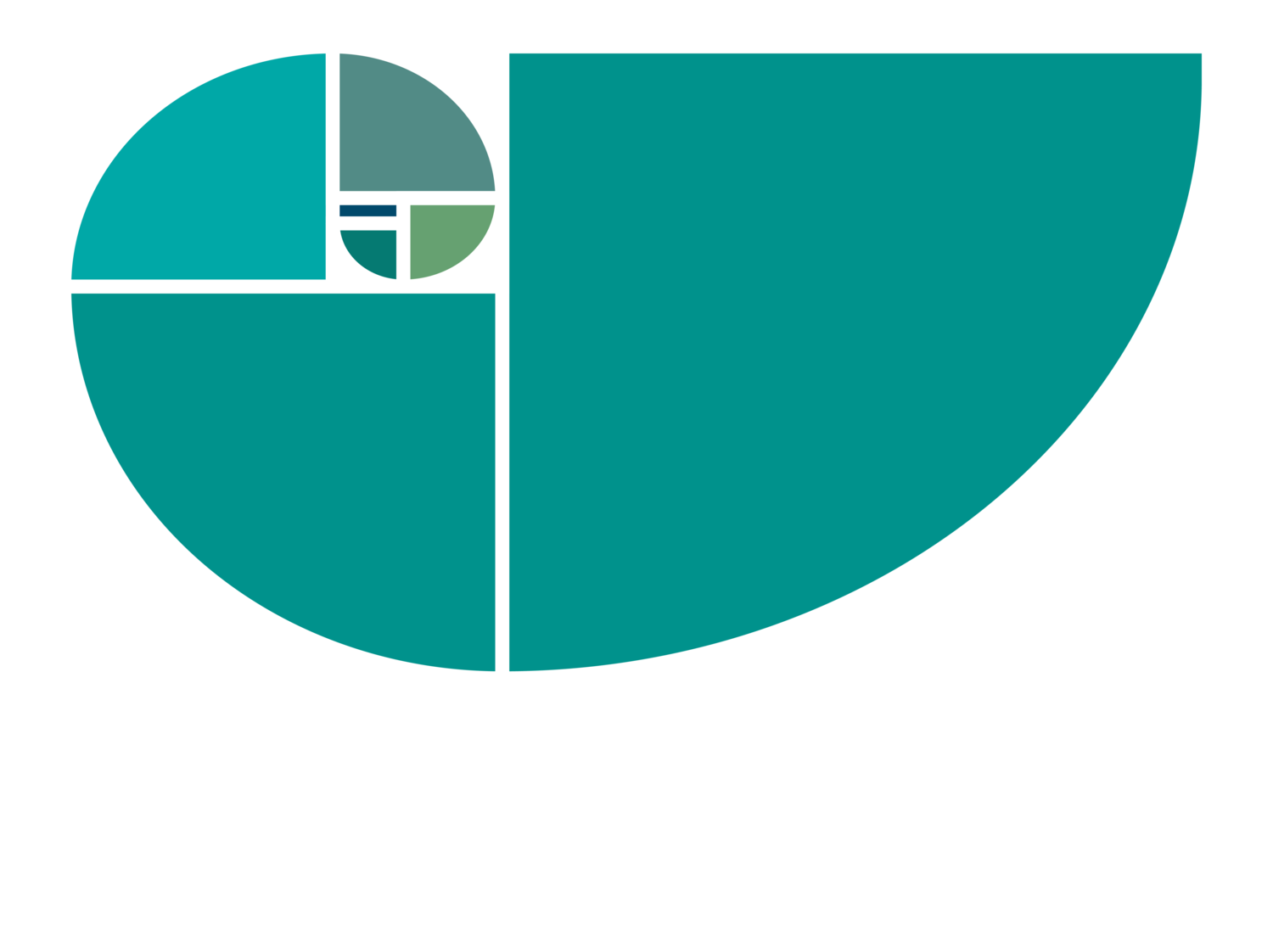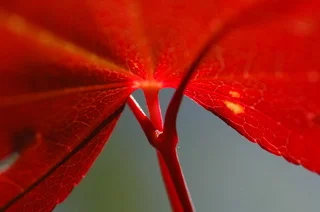If I asked, “How did you develop your wisdom,” I might get a blank stare. Most likely you didn’t enroll in Developing Wisdom 101 in high school or college. Few popular TV shows or movies demonstrate the path to a wise life. Or perhaps, you would nod sagely, considering yourself a serious student of wisdom, able to quote the great teachings and wise leaders through the ages.
Either way, studies show that most of us want to be wiser in our daily lives. Leading researchers, like Robert J. Sternberg, work to identify the nature of wisdom and the circumstances leading to its development and expression. Sternberg links increased wisdom to increased high performance, creativity, and intelligence.
Sternberg’s research shows us that wisdom incorporates 4 core human functions: Cognitive, Affective, Pragmatic, and Spirituality. When we direct our lives so that we integrate all 4, we discover an improved capacity to fulfill on our commitments. Doing what we do feels more natural, takes less effort.
Developing wisdom starts when we learn from our experience. Just reading theory sets an abstract standard hard to meet in daily human challenges. We all fall along the continuum from wise to average to unwise to downright foolish depending on the day, the situation, and even what happened the moment before. Journaling or discussing our experiences with wisdom reinforces and strengthens our ability to be wise, regardless of the circumstances. Through recent studies in neuroscience and brain plasticity we now know that we can change our thinking as we recognize and appreciate behaviors that we consider either wise or unwise.
Given the tumult of these times, we want and need more wise leaders. But, this is seldom a topic of conversation in Training, HR, or Senior Management. It’s up to us to develop the distinctions, skills, practices and partners that extend and support our wisdom. These six steps are proven to encourage wisdom and can be applied in your leadership whether at work or home.
Decide for yourself – what is wise behavior? What are wise words? What is unwise? Start a list l – notice what you consider the defining difference. Your experience is the best teacher.
Look for wise people and invite them into conversation. Choose someone to be your wisdom partner at work and another in your personal life. Invite a partner who keenly listens and mirrors back to you the many ways you are wise until you’ve built an appreciative and personal experience of wisdom in your life. Hopefully, at some point, they invite you to do the same in return.
Gather a Wisdom Circle. (Mine invaluable!) A Wisdom Circle helps us remember how we are wise when we forget. In the circle you ask each other just the right questions to provoke more intelligence, broader perspectives, and insightful answers from our inner wisest voice.
Open the doors to wisdom. Read a range of books and attend programs (by both women and men) to learn new paths to refine your access to and daily use of your wisdom.
Use wisdom practices. Discover daily personal and professional practices that work for you (there are many throughout this blog) to strengthen, extend, and express your wisdom. Once you find them – do them regularly. Practices slowly build to real results. The simplest, like taking a breath and relaxing your shoulders before replying, are often tried and true.
Choose to act wisely. Make a choice to appreciate and actively trust your inner wisdom as complete, right, and essential. Again and again - ask, listen, and act from your inner wisdom. This cycle builds bench strength in your Wisest Self, someone you can count on.
Setting up your own wisdom development program can be advantageous to physical and emotional well-being throughout your life. Discover your path. Own and act on what it takes for your wisdom to flourish.
Working on this together, we embark on a life long journey of self mastery and build teams capable of acting and leading change in wise ways.
Blessings on your journey,
Karen
“Wisdom is a metacognitive style plus sagacity, knowing that one does not know everything, seeking the truth to the extent that it is knowable.” Robert J. Sternberg
P.S. Photograph is by Firehawk Hulin, Center for Timeless Earth Wisdom, and used with his gracious permission.

